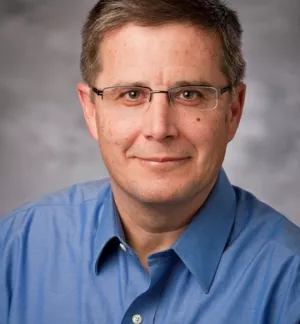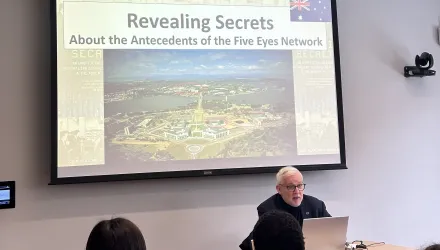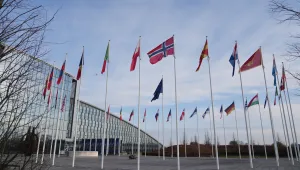Overview
"This is a superb, penetrating, comprehensive, balanced analysis of the place of the military in American society at the start of the twenty-first century. Peter Feaver and Richard Kohn highlight what they see as worrisome trends: the 'Republicanization' of the officer corps and the growing belief among officers that top military leaders should not just advise political leaders on military policy but should insist that political leaders adopt the right policy. Feaver and Kohn nonetheless put these trends in the broader context of changes in civilian society and argue that while there is no crisis, there is cause for concern. For years to come this book will be the indispensible starting point for debates on and further studies of American civil-military relations."
-Samuel P. Huntington, Albert J. Weatherhead University Professor, Harvard University, and author of The Soldier and the State.
“This is one of the most important works on national security to appear in years and significantly advances the study of U.S. civil-military relations. Feaver and Kohn’s Triangle Institute for Security Studies team has produced a masterpiece of modern interdisciplinary analysis.”
-Charles Moskos, Professor of Sociology, Northwestern University
Many commentators have pointed to an emerging civil-military "gap" in the United States. Former Secretary of Defense William Cohen declared that a "chasm" is opening between the military and civilian worlds. Some claim that America's armed forces and its civilians no longer share the same values and understanding of the role of the military. Others go so far as to suggest that the U.S. military is becoming less willing to accept civilian direction.
Soldiers and Civilians analyzes this civil-military divide. This book is based on the results of a survey of military officers, civilian leaders, and members of the general public, conducted by the Triangle Institute for Security Studies. The books contributors- leading scholars of civil-military relations, defense policy, and public opinion- consider the implications of the survey's results. The contributors conclude that numerous schisms have undermined civil-military cooperation and harmed military effectiveness. They offer recommendations to eliminate or mitigate the most troubling of the problems.
Peter D. Feaver is the Alexander F. Hehmeyer Professor of Political Science and Public Policy at Duke University and Director of the Triangle Institute for Security Studies (TISS), a research consortium of Duke, the University of North Carolina at Chapel Hill, and North Carolina State University. Richard H. Kohn chairs the Curriculum in Peace, War, and Defense at the University of North Carolina at Chapel Hill, where he is Professor of History.
Feaver, Peter and Richard H. Kohn. “Soldiers and Civilians: The Civil-Military Gap and American National Security.” MIT Press,





